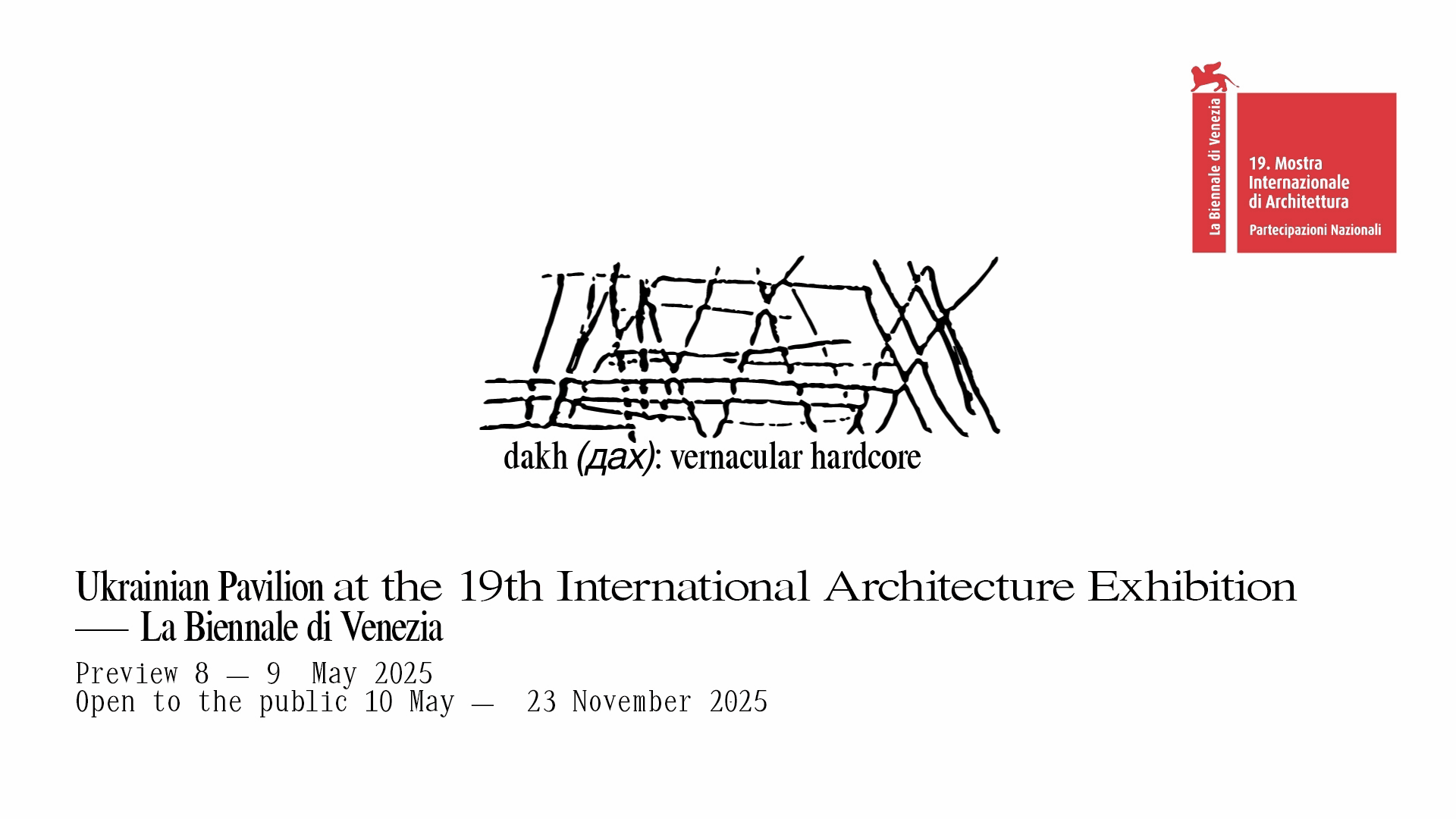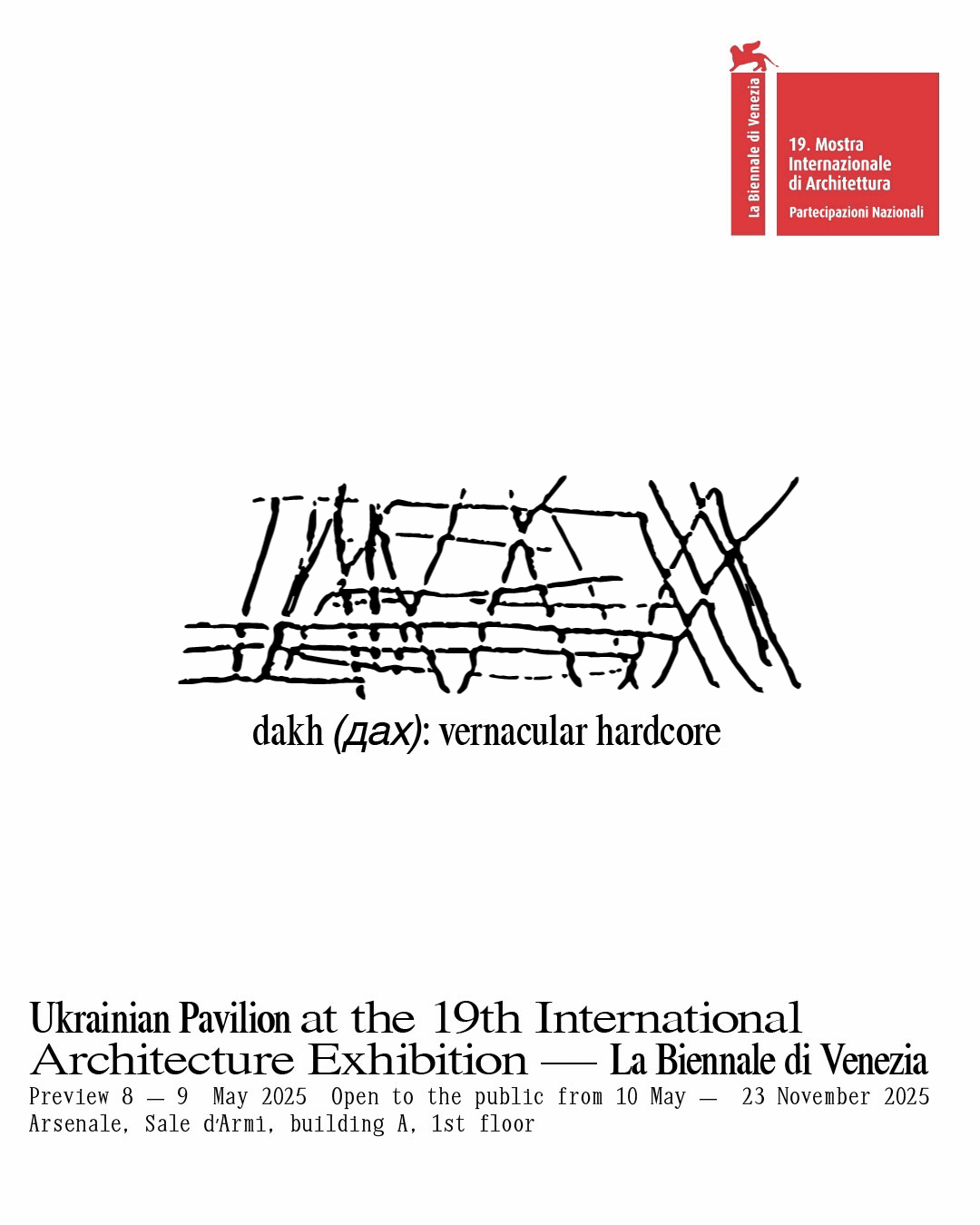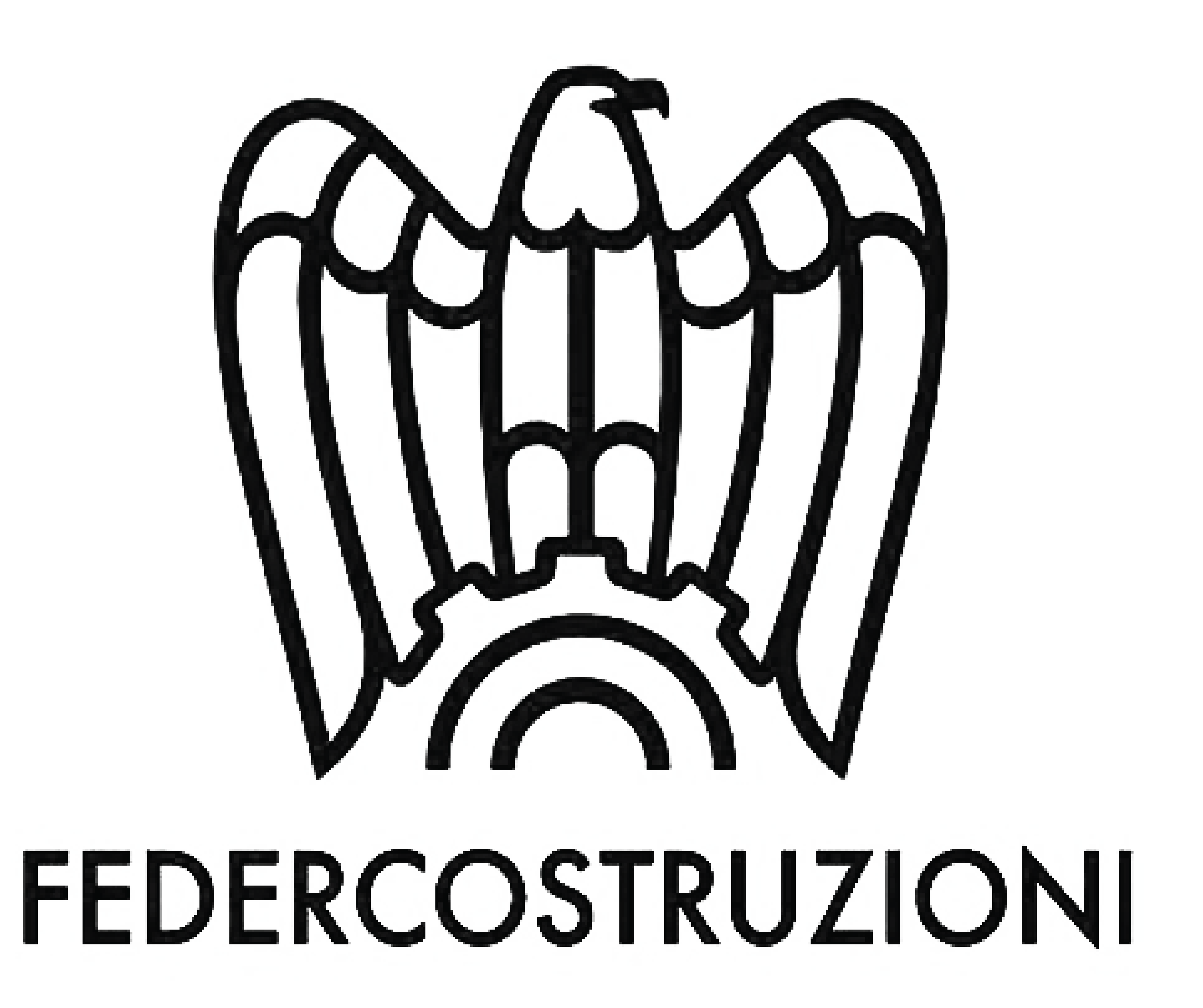

“Dakh” in Ukrainian means “roof”. The roof is the most basic form of architecture. It provides shelter from the fickle elements and it cocoons the mundane routines of everyday life. But in the perilous conjuncture of full-scale war—a fight fought in large part in the skies, by drones and missiles—the roof also becomes the first point of impact for hostile projectiles.
More…

Public programme
Opening week events
Mini-Atlas
The guide to the Ukrainian Pavilion at the 19th International Architecture Exhibition – La Biennale di Venezia
Edited by Michał Murawski
Kyiv and Berlin: Dzherelo & Kiosk International.
In order to receive a PDF of the full text of the Mini-Atlas (76 pages), please make a donation here.
Suggested donation: €15, but you are welcome to donate more or less depending on your means and circumstances.
Your donation will be shared between the volunteer organisations featured in dakh–KHARPP, Livij Bereh and Klyn.
With support of:





















